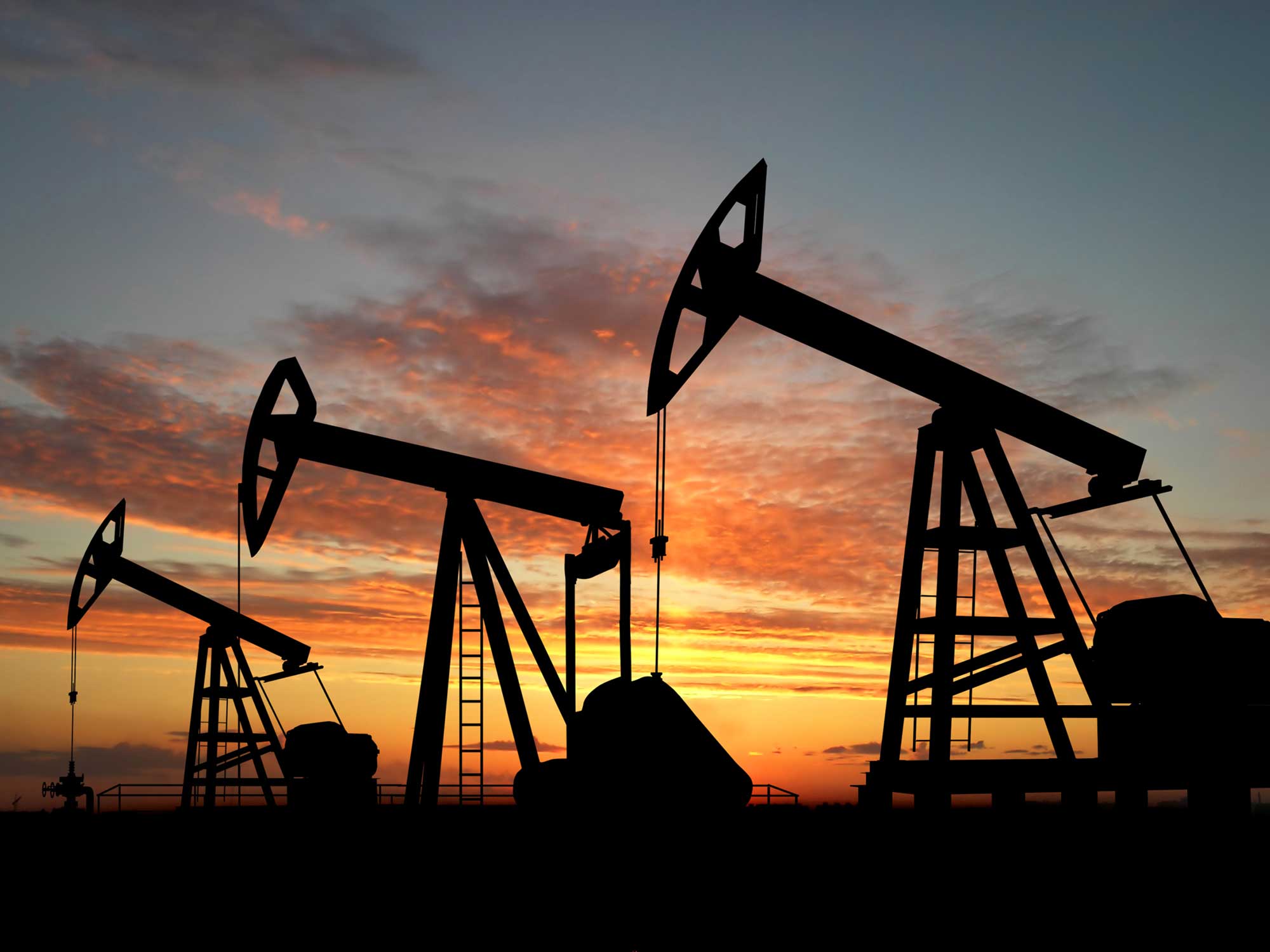Gulf Keystone Petroleum share prices have fallen to record lows, a week after the company announced its open offer to raise $25 million as part of a wider balance sheet restructuring plan.
GKP launches Open Offer
The London Stock Exchange listed oil and gas exploration business is currently offering 2.29 billion new common shares to its shareholders registered on the membership record by 5pm on the 30th of August.
The offer, which launched on the 31st of August, allows shareholders to purchase twenty new common shares per nine shares already held, at a price of 0.8314 pence per share.
Latest completed application forms and payment in full will have to be received by the 15th September, with results of the open offer being announced the day after. Admission and commencement of dealings of the new shares is to be expected around the 14th October.
The measure, intended to raise $25 million to improve the company’s liquidity, is part of a wider balance sheet restructuring plan announced on the 14th of July.
Kurdish oil exploiter suffers under low oil prices and regional geopolitical issues
GKP, which operates in the Kurdish region of Iraq, has suffered in recent months due to low oil prices and the current unstable geopolitical conditions in the Kurdistan region.
Since the second half of 2014, oil prices have seen significant and prolonged reduction due to a continued oversupply of crude oil. For operators in the Kurdistan region, supply disruptions due to the ongoing geopolitical issues in the region have further added to these troubles.
GKP is currently unable to either service or refinance debt of over $600 million in Guaranteed Notes and Convertible Bonds, which will mature in April and October next year respectively.
Balance Sheet Restructuring Transaction will reduce debt to $100 million
The Balance Sheet Restructuring Transaction, announced last month, is intended to reduce debt to $100 million. With the added liquidity from the Open Offer, GKP hopes to maintain the Shaikan field production at around 40,000 barrels per day, with a possible increase to 55,000 barrels a day in the future.
In the announcement of the restructuring plan in July, Chairman Andrew Simons stated:
“Our Shareholders, and those of the other Kurdistan focused operators, have suffered significant value destruction over recent months, as a result of the low oil price and extraordinary regional geo-politics. For us this has been further compounded by a debt burden of over $600 million repayable next year. To address the liquidity and significant leverage situation faced by the Company, we have to restructure the balance sheet now. “
“A new and strengthened management team and Board have been working tirelessly for the benefit of all stakeholder, to ensure GKP’s survival. Following month of negotiation, and in the absence of deliverable alternatives, the Board believes the proposed restructuring offers the best possible outcome for all.”
CEO John Ferrier added:
“Without the restructuring and the improved liquidity delivered by the transaction, the Company cannot avoid insolvency or capture the significant future potential of the Shaikan field.”
Norwegian oil exporter bids on GKP
Shortly after the announcement of the restructuring plan, Norwegian oil exporter DNO ASA made an offer to buy GKP for $300 million, conditional on the successful completion of the restructuring plan. The offer exceeds the companies likely post-restructuring valuation by $50million.
Brokerage firm, Canaccord Genuity noted on the offer:
“The question, once this [restructuring] is done and dusted, is whether the new shareholders decide to go for the DNO offer…or strike out as an independent to develop the Shaikan field.”
“We see significantly more upside and risk to the go-it-alone route” for Gulf Keystone.
Share prices for GKP (LON: GKP) fell sharply after the launch of the open offer and have continued to fall throughout the last five trading days. Since the 30th of August the stock lost more than 56%.
On Wednesday morning, the stock was trading at 2.12p at 11.58am (+1.19%), trading at lowest levels since 2009.
Katharina Fleiner 07/09/2016

